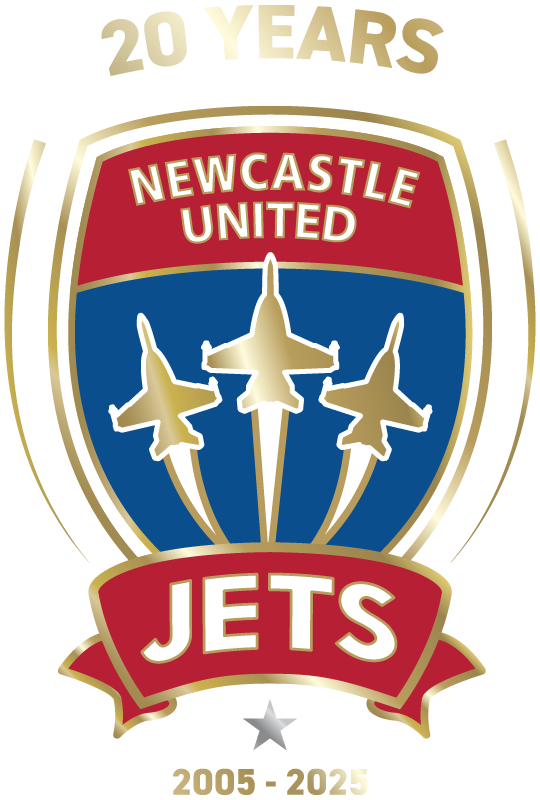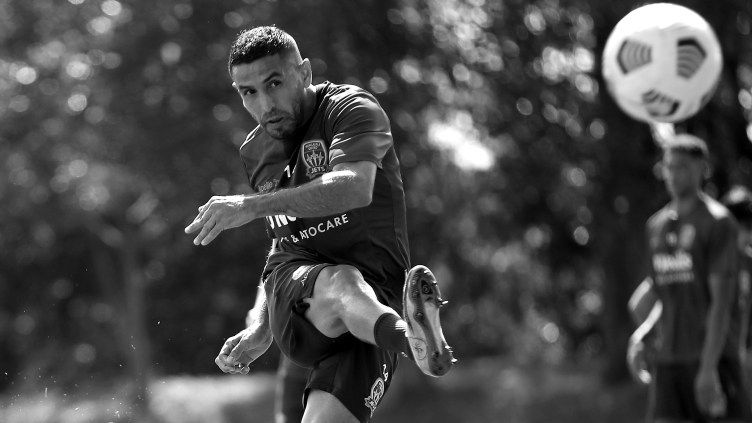Ali Abbas has experienced things most of us can only imagine.
Terrifying and mentally taxing.
Born in Baghdad, Abbas lived with fear as the norm. Unsure if he would make it home for dinner every time he left the family home, he would farewell his parents as it was the last time he would see them.
“An incident happened in front of my face when I was going to training,” Abbas recalled.
“It was crazy. Every time you left the house, you would say bye to your family. It was a very dangerous place to be.”
Unsure whether he would be a casualty of the senseless distraction or live to see another day, Abbas learned to find a level of comfort in the uncomfortable.
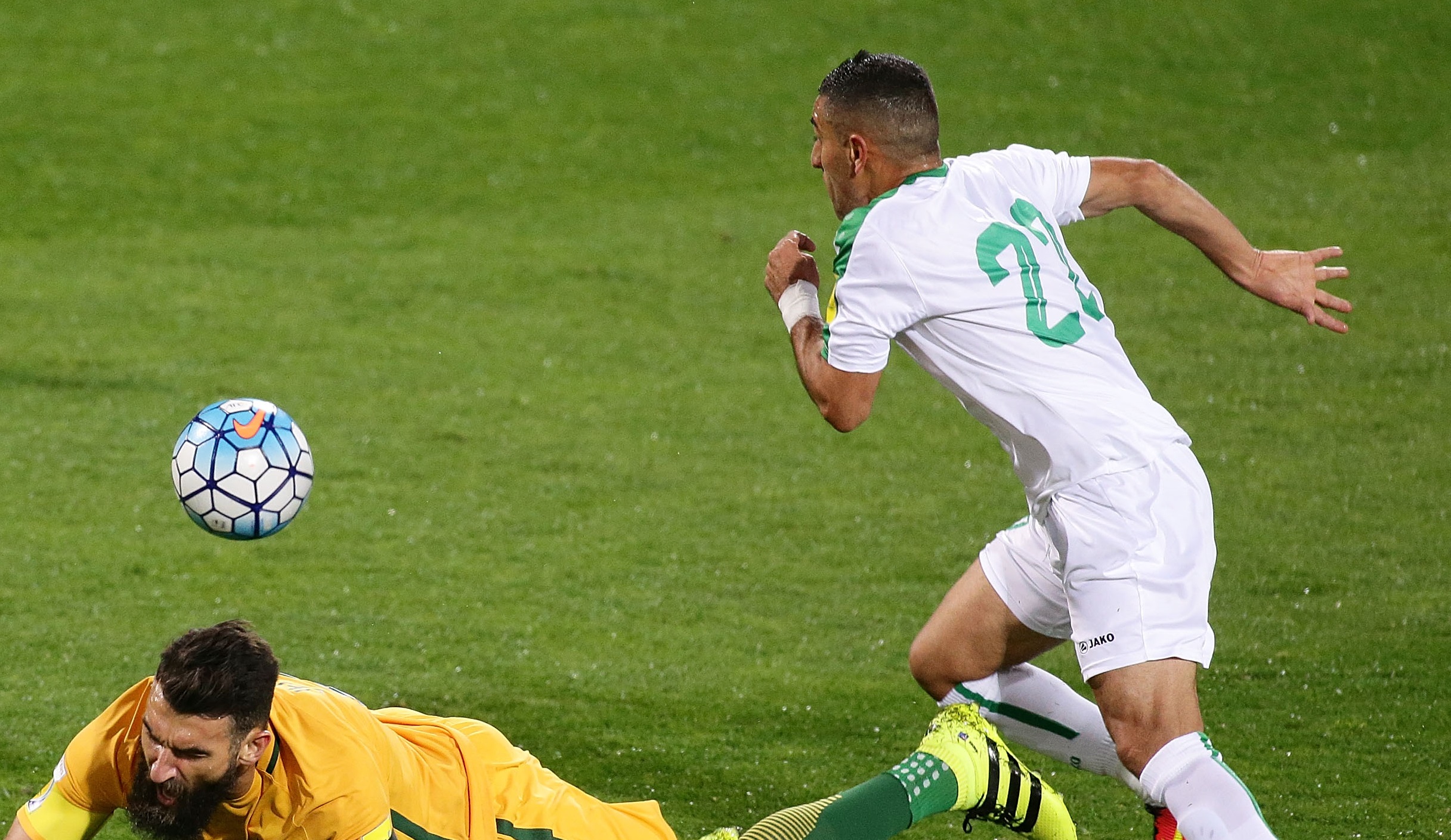
Nothing was promised.
“After four months it becomes normal,” he said.
“I lived with the Iraq war against America. We were in war. You never know what will happen tomorrow. It was very rough.”
Abbas recalls knowing at the age of 10, he had skills to make it as a professional and it was through football, he could create a better life for him and his family.
“When I was 10, I was playing on the street,” he said.
“Three games in one day. There were no shoes, barefoot on the concrete. People would come up to me and say, ‘you have the skills to make it professional’.”
Having left school at the age of 14 to pursue football, Abbas would wake at 3am to work in the family bakery business.
As his football career began to flourish, Abbas stopped working and put all his energy into the sport.
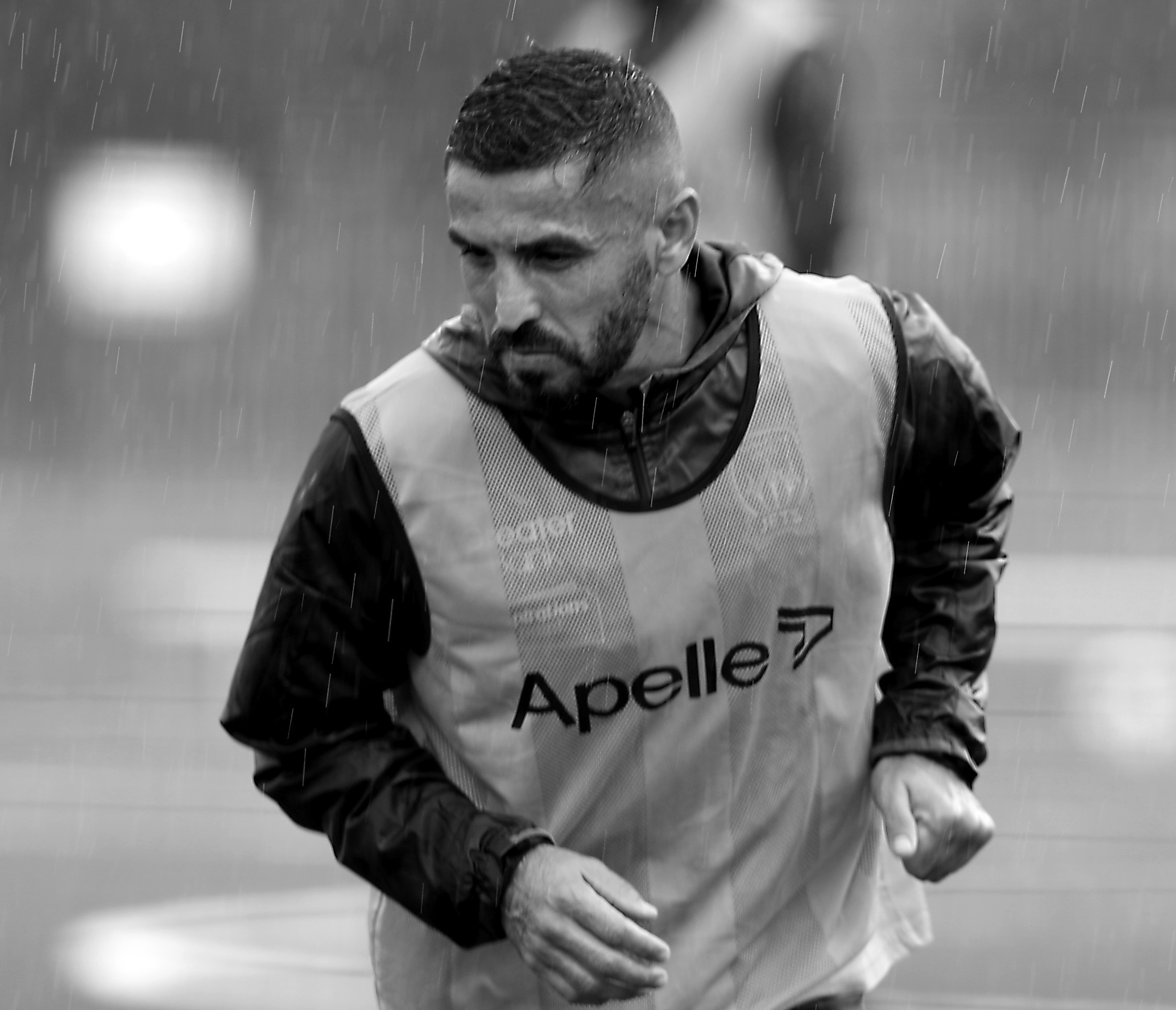
Amongst the chaos, the left-footer was thriving.
But he was never safe.
In 2004 when Abbas was just 17, he lost his father.
He was killed by a car bomb.
Then came the threats.
Having helped Iraq win the 2007 Asian Cup, extortion attempts were made.
“It wasn’t a very safe place. I got a few messages saying, ‘you have to pay us money or we will smash your car’ from criminals who want money,” he recalled.
“I have messages sent by letter and my brother called me. I was in Syria in camp. I was on TV, so everyone knows we have a big amount of money from winning Asian Cup.
“Six months before that, my dad was hit by a car bomb and he died.
“I thought, ‘do I really need to go back to Iraq? If anything happens to me, my mum will be upset again. She just lost my dad. I don’t want this to happen to her.”
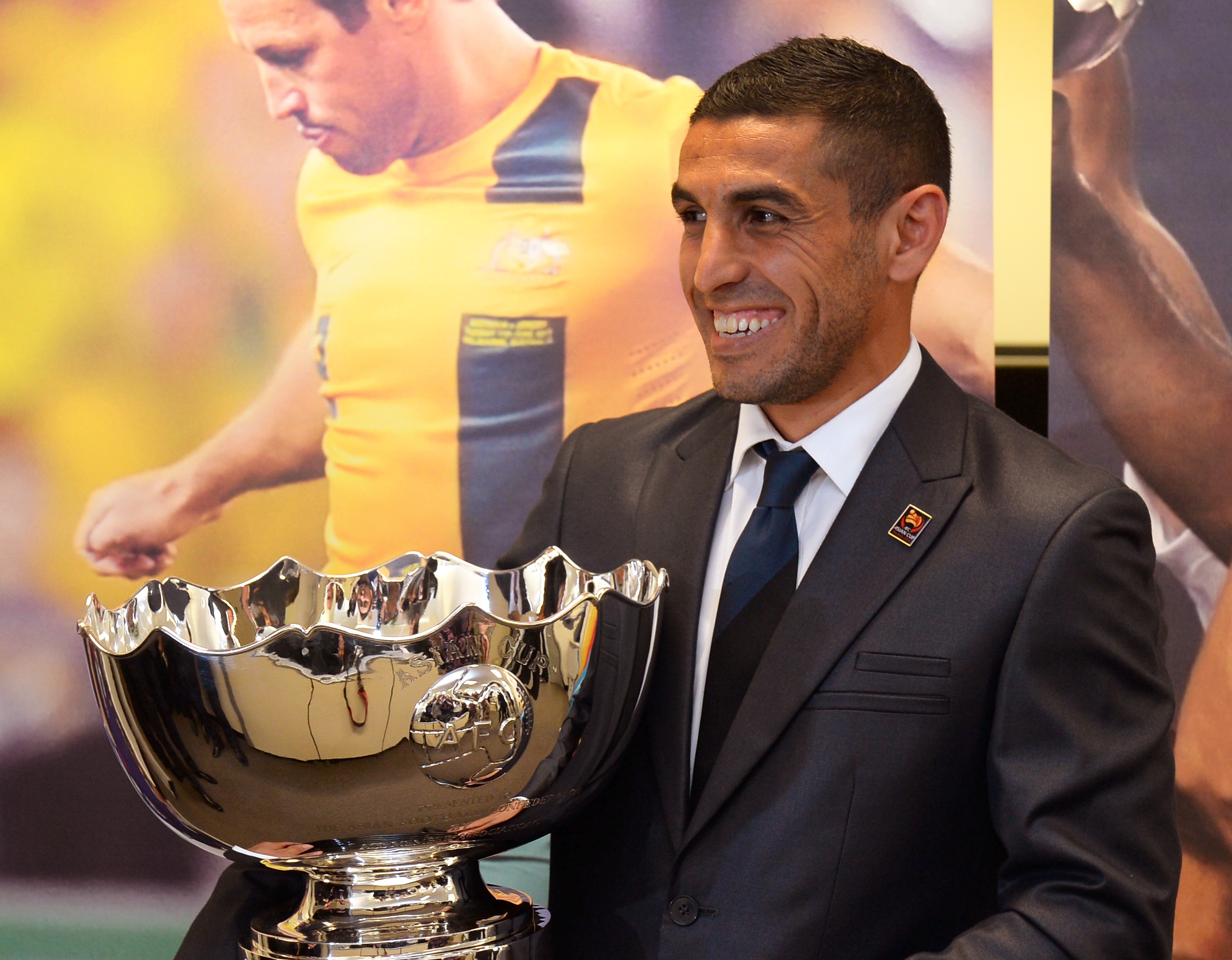
The war-torn country had taken its toll.
The midfielder sought a better life.
But first, he needed his mother’s permission.
“In our culture, if your mum says don’t do this, don’t do it because it is very bad luck,” he said.
While in Australia for the Olympic qualifier against the Olyroos, he asked his mother to let him stay instead of returning to Iraq with the national team.
It was 2007 and with a three-month visa, he and some of his teammates made the call to stay.
He would leave the team and work out the rest later.
“I called my mum and she said, ‘look after yourself, you can stay there’,” He said.
“We took our bags and passport and drove to Sydney. We collected our bags, and everyone was sleeping. We smashed the sim card so no one could call us and then I found a lawyer and the story went from there.”
Granted political asylum in Australia, he linked with NPL side Marconi before receiving an opportunity in the A-League with Newcastle Jets in late 2009.
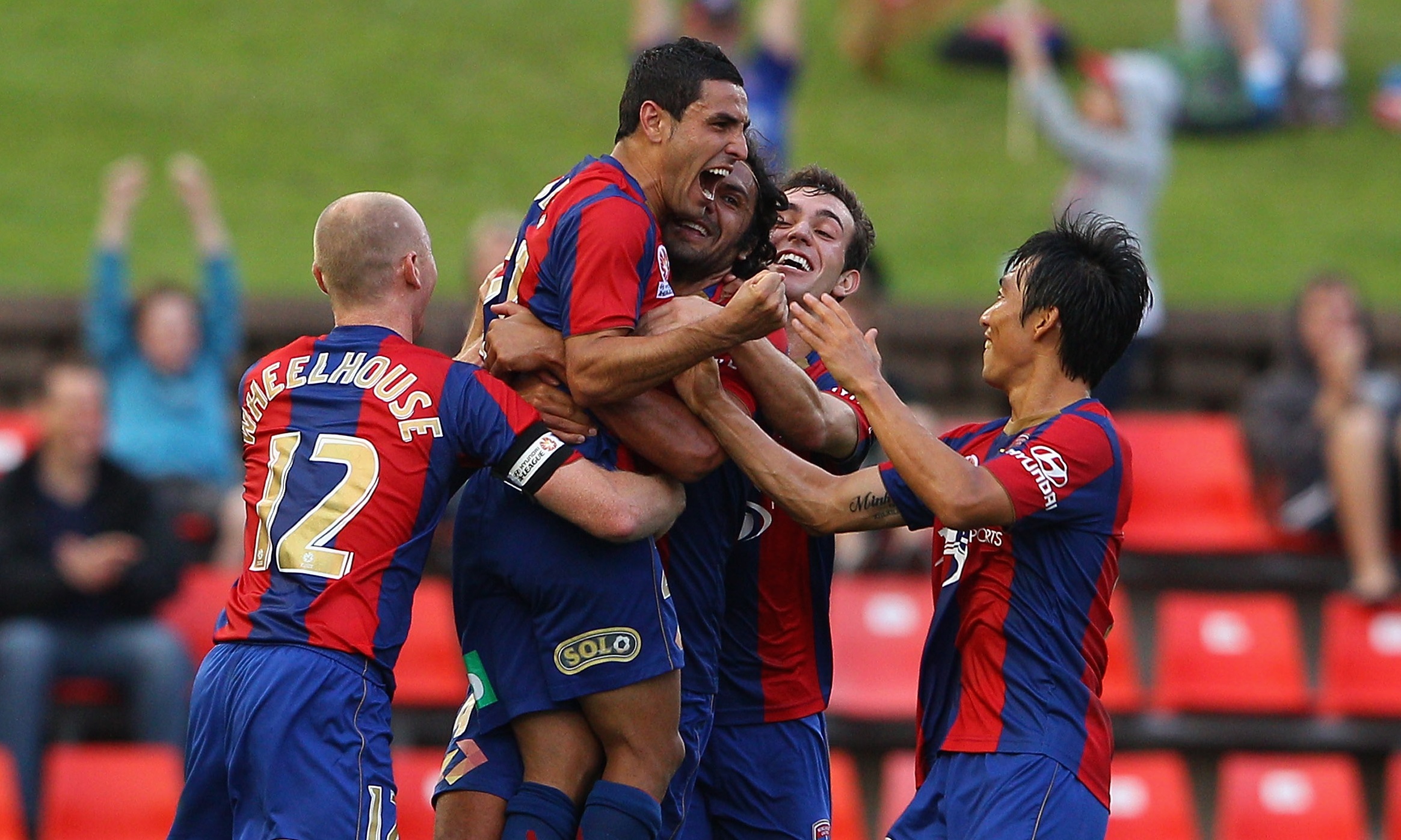
After two seasons in the Hunter, he linked with Sydney FC.
It was here his career almost came to a premature end.
When he tore his ACL, the doctors told him he was finished.
But in true Abbas fashion, he didn’t care to listen.
“Always in my life, if someone says to me you can’t do this, I will go out and prove them wrong,” he said.
“It was tough being out of football for a year and four months. I had everything in place for me – an offer in China to go and play – I didn’t go and got injured and before I was injured, I was selected to play for Iraq in the 2015 Asian Cup.
“To hear a doctor say I won’t come back, I wouldn’t believe it and it was really tough, but it was enjoyable as well.”
Not only did he come back but he scored in his return. Funnily enough, that goal was against the Jets.
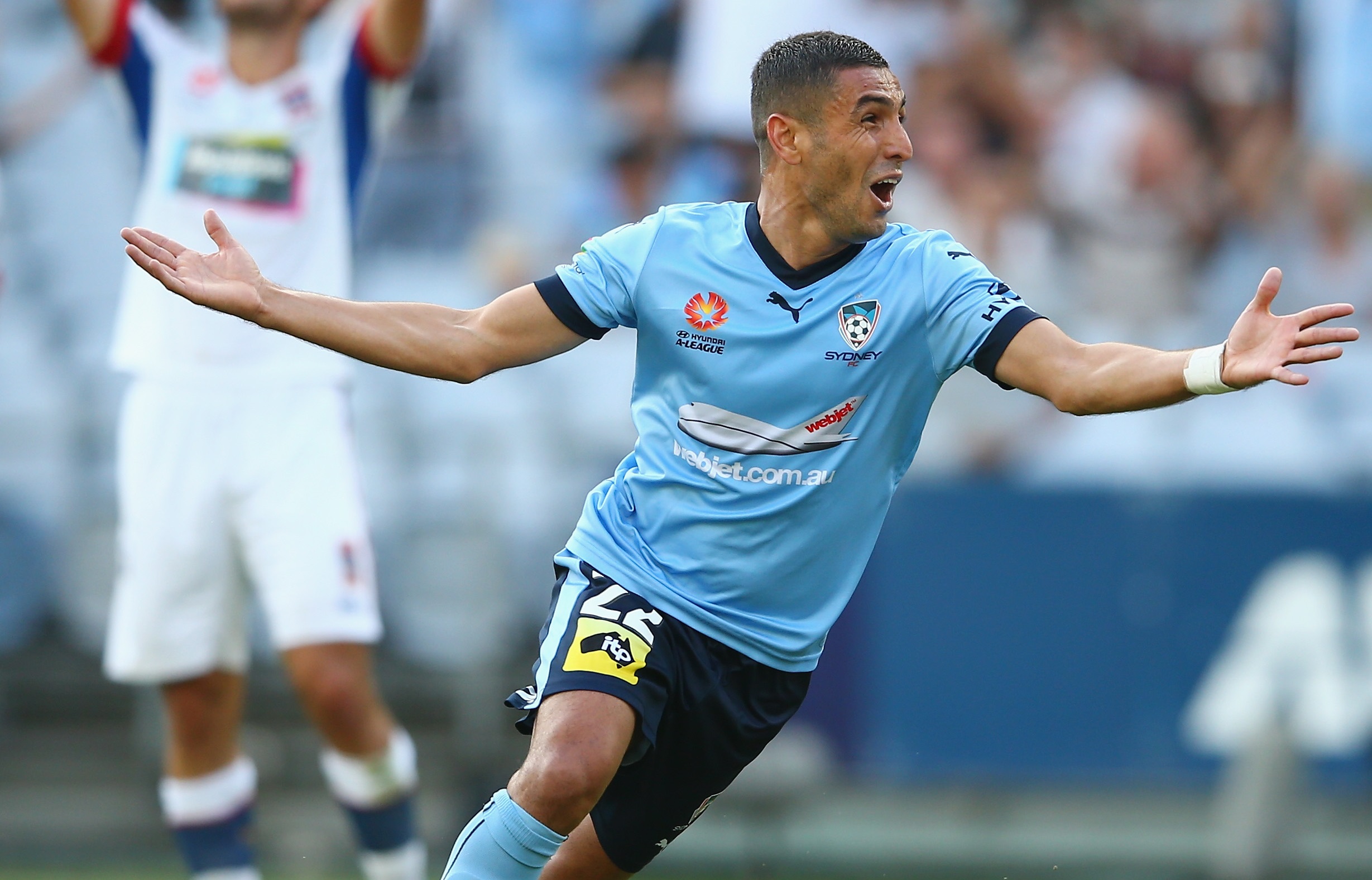
“I was dreaming about that, to be honest,” he said.
“Over and over, every day. I trained hard and knew I had to come back and do something special so everyone would talk about it.”
Despite overcoming his knee injury, the theme of overcoming adversity would rear its ugly head once again.
Playing with Pohang Steelers in South Korea, a change in coach just two months into his stint with the club saw him on the outer.
Things turned ugly, very quickly.
“They refused to pay me,” Abbas said.
“It was crazy. It was tough but I got used to times like that. They used dirty tactics to piss me off so I would leave the club but I had a contract.
“They went to Thailand for a camp and left me by myself at the club house and I had to train by myself.
“The teammates were saying foreigners have to leave, there’s going to be war here but I just came back from war in Iraq, so I wasn’t scared. Those tactics didn’t work.”
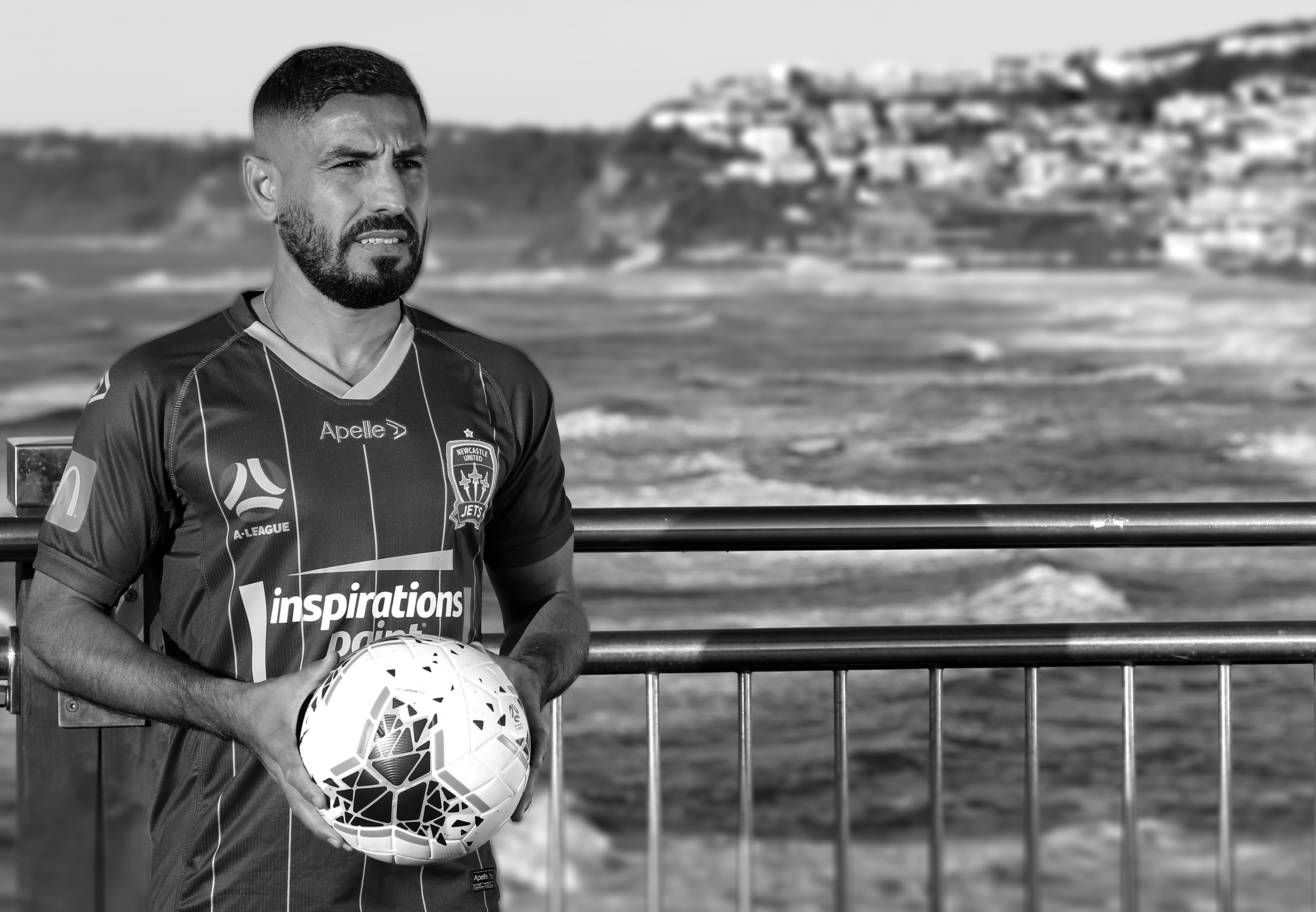
After seven months, he returned to the A-League, making the move to Wellington.
That didn’t work out either.
While most in his position would retire, Abbas took a break, determined to finish on his terms.
“I never stopped training,” he said.
So, after almost two years in the football wilderness, training on his own, the 12-times capped Iraqi international returned to Newcastle.
“A lot of people said, ‘hang your boots up’, you’re done,” he recalled.
“I didn’t believe anybody. I just believed in myself.
“I knew I would be back and do well again.”
